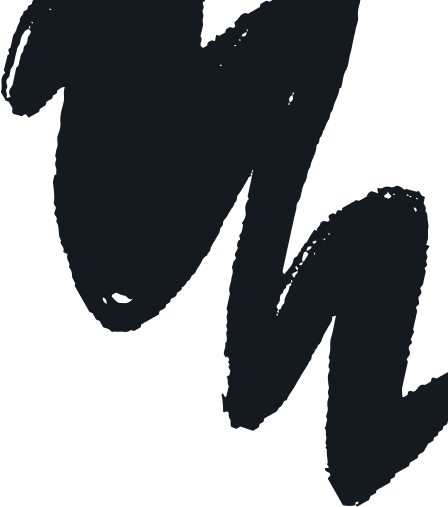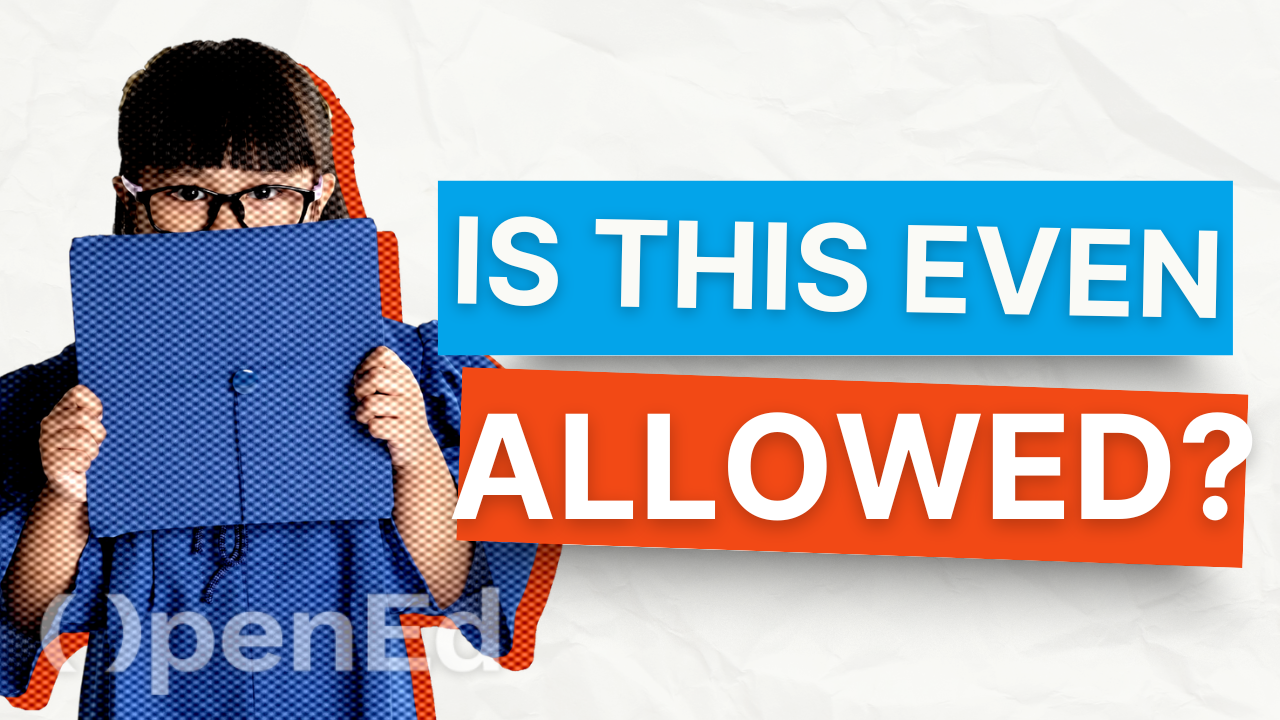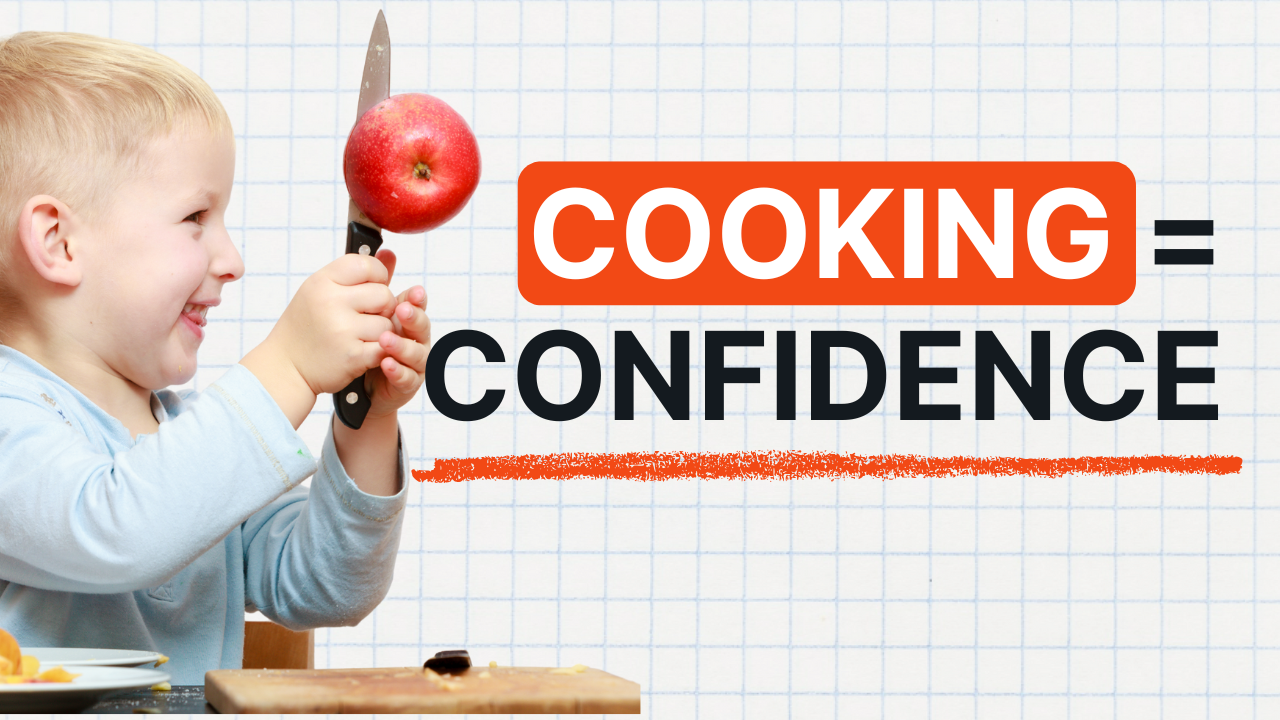.avif)
College and Career Advice for Teens with Rose Ybaben (ft. Danielle Randall)
College and Career Advice for Teens with Rose Ybaben (ft. Danielle Randall)
College and Career Advice for Teens with Rose Ybaben (ft. Danielle Randall)
With graduation season in full swing, many families are wrestling with the eternal question: "What's next?"
For decades, the default answer was college. But in today's economy, where four-year degrees can lead to crushing debt and uncertain job prospects, many are questioning this one-size-fits-all approach.
In this episode of the podcast, Rose Ybaben, founder of SOARING2COLLEGE and independent educational advisor with 15 years of experience, joins host Andrea Fife as well as Danielle Randall, OpenEd's diploma-seeking specialist, to share insights from their combined decades helping families think smarter about post-high school planning (and potentially save from unnecessary stress and debt).
1. Discovering What You Don't Want Is Just As Valuable As Finding Your Passion
The conventional wisdom says teenagers should find their passion and pursue it relentlessly. But Rose Ybaben, an education advisor with 15 years of experience, offers a refreshing alternative: celebrate when teens discover what they don't enjoy.
"A great example, my son's first job ever, he was in a mail room of this huge company. He was excited because it was a rock climbing company, right? So it was rock climbing and outdoors and he was in that mail room and was miserable," she shares.
This perspective, developed through her work at SOARING2COLLEGE where she helps families navigate post-high school transitions, reframes "failures" as valuable data points rather than setbacks. By encouraging teens to try different environments and being equally supportive when they discover dislikes, parents can help build a more accurate map of potential paths forward.
"The more experiences we can expose our youth to, the better," Ybaben continues. "When parent, child, and advisor come together as a team, we can always ask: 'What's the next step?'"
2. The Ivy League Price Tag Isn't Worth It For Most Students
Both experts challenge the assumption that prestigious colleges are necessary for success, especially given their astronomical costs.
"I want students to know you don't have to go to an Ivy League school," Ybaben states firmly. "You don't have to go somewhere where you're coming out with $100,000, $200,000 of debt because of a college degree."
She balances this perspective by acknowledging the value of higher education while expanding the definition: "Do I believe in college degrees? Yes, but I also believe in education in all sorts of forms. There's not just college—life offers an education too."
3. Adulthood Is a Series of Do-Overs, Not a Single High-Stakes Decision
Perhaps the most liberating perspective is that career paths aren't fixed or irreversible. Danielle Randall, who has 12 years of teaching experience across various school settings, shares her own nonlinear journey as proof.
"I got my undergrad in engineering and worked in industry, then went back to school because I changed my mind. I don't regret any of it," she explains. "I loved the time I spent in college doing engineering, loved the time I spent in industry, and now I love being a teacher. All those experiences were important."
The key insight? "Even if you commit to college, which seems like the ultimate decision, that isn't the end of the decisions you get to make."
This perspective takes enormous pressure off the post-high school decision by framing it as just one step in a lifelong journey rather than a permanent commitment.
4. Effective Planning Balances Parent Wisdom with Student Autonomy
Both experts emphasize finding the sweet spot between parental guidance and student ownership of the process.
"I've seen helicopter parents who want A, B, and C for their child, and then the resistant child says 'absolutely not,'" observes Ybaben.
Her solution is a collaborative approach: "My motto is 'together we can do it.' I always do an intake meeting with the entire family, but I refer to the student first: 'This is about you. What would you like? How do you see yourself getting there?' Then I ask the parents for their thoughts."
Randall highlights how this collaboration works in practice: "That's one of the great things about open education—there's so much room to take your kids out for different experiences and participate with them. When you as a parent see their eyes light up during an experience, that's different from pushing your own agenda. It becomes collective: 'We're figuring out what you like to do and where you want to go.'"
The most successful planning happens when parents see themselves as co-explorers rather than directors of their teen's journey.
5. The Most Important Question Isn't About Careers—It's About Impact
Randall suggests looking beyond just job titles to the deeper question of purpose.
"What do you want to do to make a difference? Where do you want to put your effort and your time to have an impact?" she asks. "For some people, the best approach might be to work a job that gives them the money and free time to make the difference they want."
She challenges the expectation that people should love every aspect of their work: "We put so much pressure on loving every minute of your job, but where are you making a difference? That can affect your choices."
This reframing helps teens think beyond credentials to their potential contribution—a much more meaningful foundation for decision-making.
When to Start the Conversation
While both experts recommend beginning these discussions by ninth grade, they emphasize that it's never too late to start.
"That line of communication needs to be opened sooner than later with all families," says Ybaben. "The dialogue needs to start by ninth grade at the latest in the sense of what is it that I want my high school years to look like? What do I want to accomplish?"
Randall agrees that earlier is better but offers reassurance: "I don't think there's a time that's too late to make those goals and to reach them. Sometimes you might set a goal that's harder to reach because you're starting late, but there's many different pathways to reach those goals."
When asked for parting advice, Randall offers a perfect summary of the entire conversation: "Recognize that when you've reached the end of one goal, there's something else to do after that. Don't look at the goal as the end—look at the goal as the next step."
Ybaben adds a final reminder about authenticity: "Be true to yourself. Find your voice, use all the support around you, and use that voice to say, 'This is who I am, and this is what I'd like to see for myself in becoming the best version of myself.'"
This article was adapted from an OpenEd podcast conversation with Rose Ybaben, founder of SOARING2COLLEGE and independent educational advisor, and Danielle Randall, a veteran educator who supports students pursuing alternative diploma paths at OpenEd. To schedule a consultation with Rose about your family's post-high school planning, email rose@soaring2college.com. For more insights on educational alternatives, visit opened.co/resources.
Subscribe to The OpenEd Daily
Join 17,000+ families receiving curated content to support personalized learning, every school day.
.webp)





